The discussion was chaired by Mr. Nguyen Minh Vu, Ambassador of Vietnam to Cambodia; with the participation of Mr. Jay Anson, Director of the Office of Digital Residency and Director of Information Security, Ministry of Finance of Palau, Head of the Palau delegation; Mr. Bahram Heidari, Director of International Judicial Cooperation, Ministry of Foreign Affairs of Iran; Ms. Yang Yuya, Head of the Department of Treaties and Laws, Ministry of Foreign Affairs of China; Dr. Robin Geiss, Director of the United Nations Institute for Disarmament Research (UNIDIR).
|
Vietnamese Ambassador to Cambodia Nguyen Minh Vu emphasized that the Hanoi Convention is the first comprehensive UN treaty on cybercrime, formed through a multilateral, inclusive and open negotiation process. (Photo: Thanh Long) |
In his opening remarks, Ambassador Nguyen Minh Vu affirmed that the adoption of the Hanoi Convention is a landmark. This is the first comprehensive UN treaty on cybercrime, formed through a multilateral, inclusive and open negotiation process. The Convention affirms the rights of countries to define cybercrime according to their own legal systems, while promoting cross-border cooperation.
"The Convention is not only a triumph of multilateralism, but also a profound test of how we understand sovereignty in the digital age. The discussion will seek to find answers to how the Hanoi Convention can be both a shield to protect sovereignty and a bridge to promote international cooperation," the Ambassador emphasized.
|
Jay Anson, Director of the Office of Digital Residency and Chief Information Security Officer, Ministry of Finance of Palau, said that the Convention is an impetus for the country to invest more in cybersecurity, train experts and strengthen international cooperation. (Photo: Jackie Chan) |
At the seminar, speakers shared their perspectives on the relationship between sovereignty and international cooperation in the provisions of the Hanoi Convention, as well as approaches to effectively implement this Convention.
According to Mr. Jay Anson, Director of the Office of Digital Residency and Chief Information Security Officer, Ministry of Finance of Palau, the UN Convention on Cybercrime creates a common framework that helps countries coordinate more quickly and effectively in investigating, sharing information and prosecuting cross-border crimes.
The head of the Palau delegation said that national sovereignty is a supreme principle, but it can also become a barrier without trust and cooperation. For Palau, a small island nation, capacity building is a big challenge due to lack of human and financial resources, but the Convention is an impetus for the country to invest more in cybersecurity, train experts and strengthen international cooperation.
|
Mr. Bahram Heidari, Director of International Judicial Cooperation, Ministry of Foreign Affairs of Iran, appreciated the flexibility that allows different legal systems to adjust appropriately of the Convention. (Photo: Jackie Chan) |
For Mr. Bahram Heidari, Director of International Judicial Cooperation, Ministry of Foreign Affairs of Iran, the Hanoi Convention is an important milestone, providing the first global legal framework on cybercrime. Mr. Heidari emphasized the importance of Article 5, which stipulates respect for sovereignty, non-interference in internal affairs and territorial integrity - considered the "umbrella" covering the entire document.
At the same time, the Convention devotes a whole chapter to international cooperation, through extradition, judicial assistance and the transfer of prisoners, demonstrating a delicate balance between protecting sovereignty and promoting cooperation. The diplomat also pointed out that Iran supports the Convention despite some differences in provisions related to child sexual exploitation and digital content, but appreciates the flexibility that allows different legal systems to adjust accordingly.
|
According to Ms. Yang Yuya, Director of the Department of Treaties and Laws, Ministry of Foreign Affairs of China, the Hanoi Convention clearly demonstrates the balance between sovereignty and international cooperation. (Photo: Jackie Chan) |
Ms. Yang Yuya, Director of the Department of Treaties and Laws, Ministry of Foreign Affairs of China, affirmed that there is no contradiction between sovereignty and international cooperation, but can “coexist harmoniously” – similar to the Eastern philosophy of “harmony without disagreement”. According to her, the Hanoi Convention clearly demonstrates this balance: Articles such as Articles 5, 36, 44 all guarantee the right of self-determination of states, while other articles establish flexible cooperation mechanisms, including in emergency situations.
In terms of implementation, China is reviewing to domesticate regulations, adjust criminal laws, electronic evidence preservation procedures and 24/7 cooperation mechanisms to comply with the Convention – a long but necessary process for effective implementation.
|
Dr. Robin Geiss, Director of the United Nations Institute for Disarmament Research (UNIDIR), emphasized that the decisive factor for the success of the Hanoi Convention lies in its implementation and practical operation. (Photo: Jackie Chan) |
For his part, Dr. Robin Geiss, Director of UNIDIR, believes that signing is just the beginning. The decisive factor for the success of the Convention lies in the implementation and practical operation. The expert pointed out that capacity building, enhancing the ability to respond to and prevent cyber attacks is a long-term task, requiring technical support, exercises and international cooperation. Therefore, UNIDIR is supporting countries through cyber capacity building programs, crisis simulation exercises, and promoting cooperation based on the principle of neutrality, appropriate to each national context.
For Dr., “change happens at the speed of trust” - only when countries truly cooperate, test the mechanism in practice and maintain transparency, will the Convention become a living tool, strengthening global trust and resilience in the digital age.
|
Delegates attending the discussion. (Photo: Jackie Chan) |
In his closing remarks, Ambassador Nguyen Minh Vu emphasized that today's discussion once again affirmed that the UN Convention against Cybercrime is not only a legal document, but also a foundation for trust, cooperation and shared responsibility among nations. Through the discussion, everyone listened to rich and in-depth exchanges on how this Convention can both protect national sovereignty and promote international cooperation in an increasingly interconnected digital world. This is all the more meaningful in the context that many countries now consider cybersecurity as a focus of national security policy, consider digital sovereignty as an inseparable part of national sovereignty, and a new line of defense in the digital age.
At the same time, speakers agreed that the Convention is a balance between principles, both affirming the sovereignty of countries in cyberspace and establishing a common framework for action to respond to cyber threats that no country can solve on its own.
"As we enter the implementation phase of the Convention, it is important that we firmly defend the principle of sovereignty while promoting the spirit of multilateralism. We need to continue to maintain this momentum so that the Convention can truly become a living framework, contributing to strengthening global resilience to cyber threats and promoting justice in the digital age," Ambassador Nguyen Minh Vu stated.
Source: https://baoquocte.vn/cong-uoc-ha-noi-la-chan-bao-ve-chu-quyen-cau-noi-thuc-day-hop-tac-quoc-te-332279.html


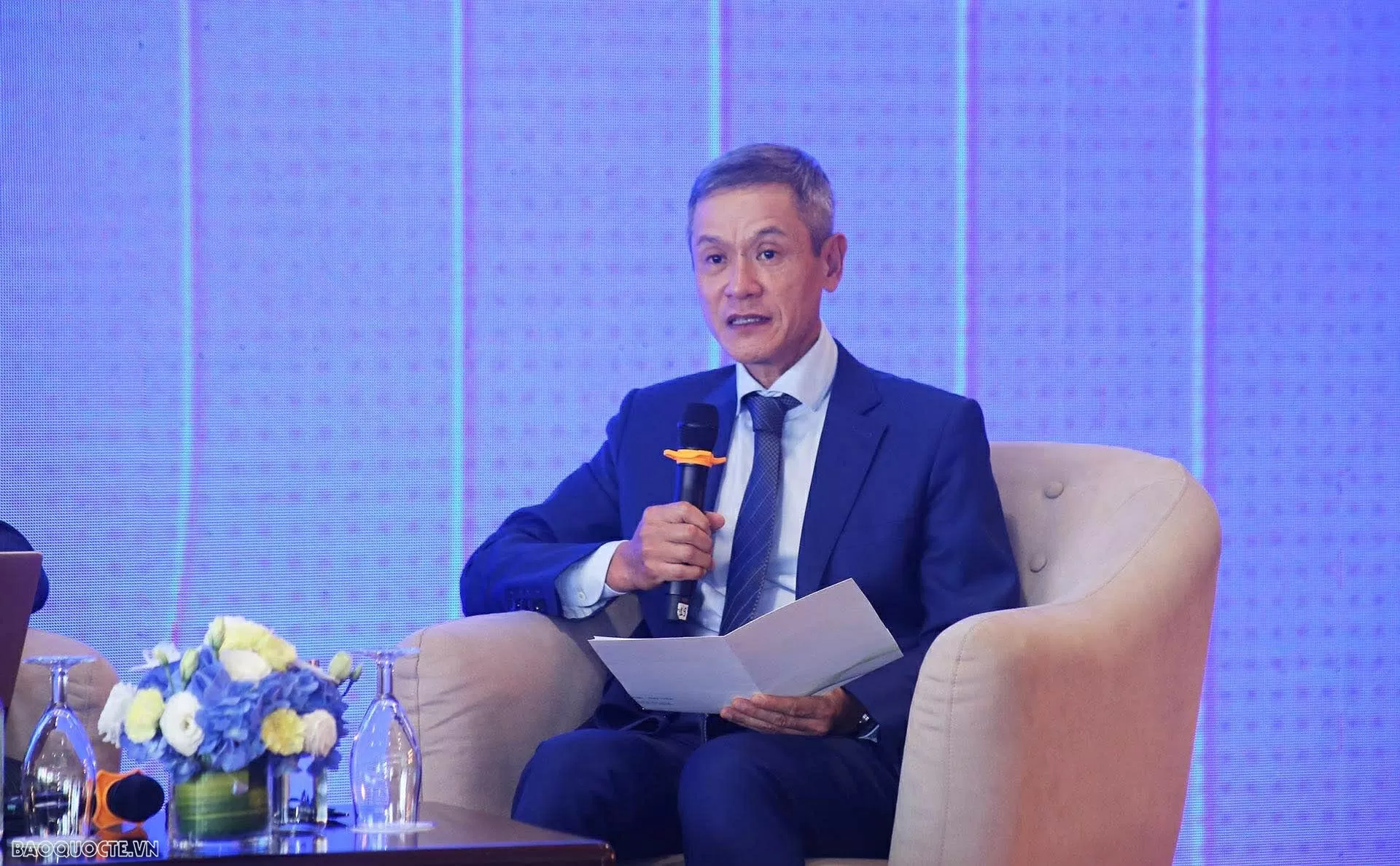
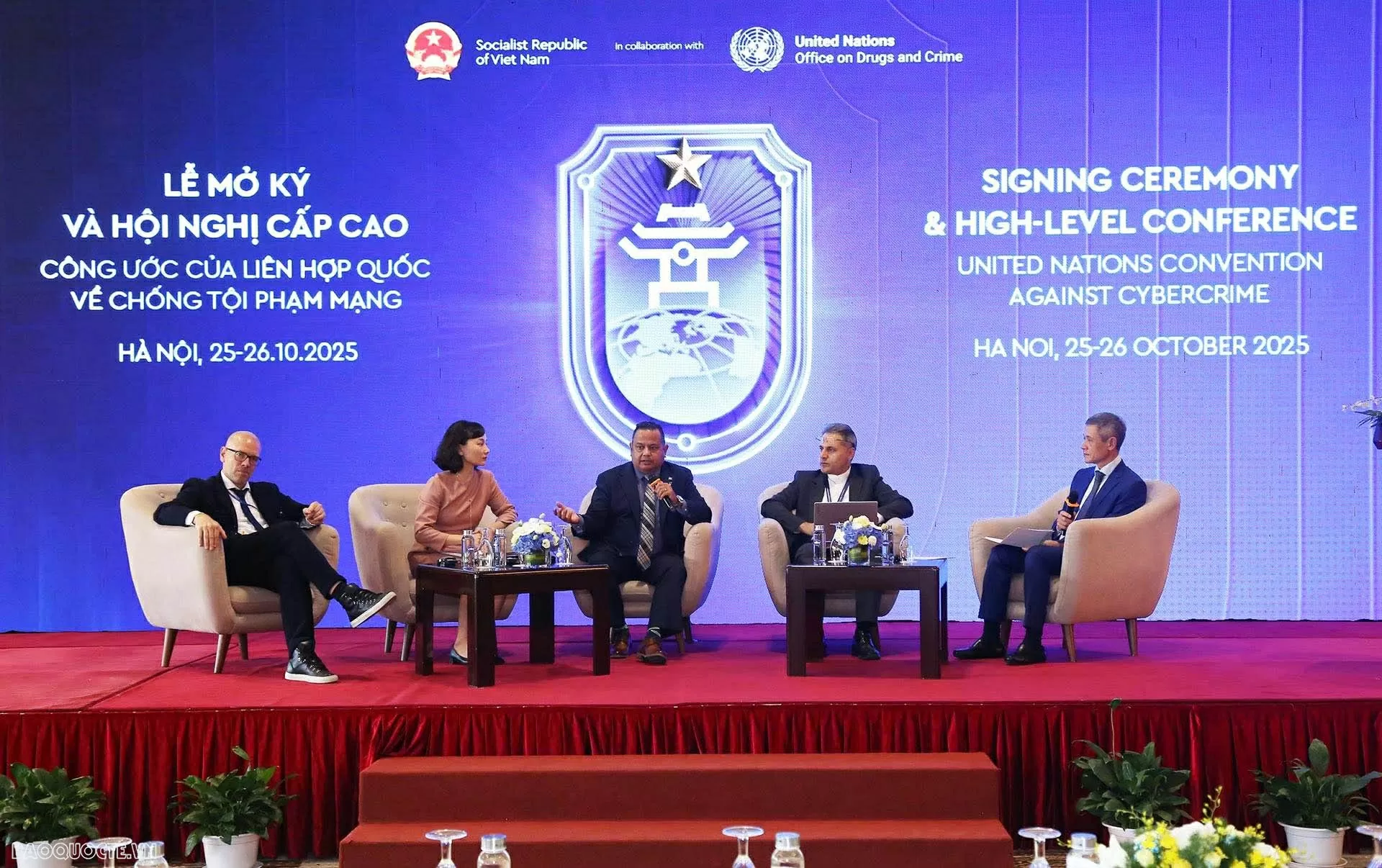
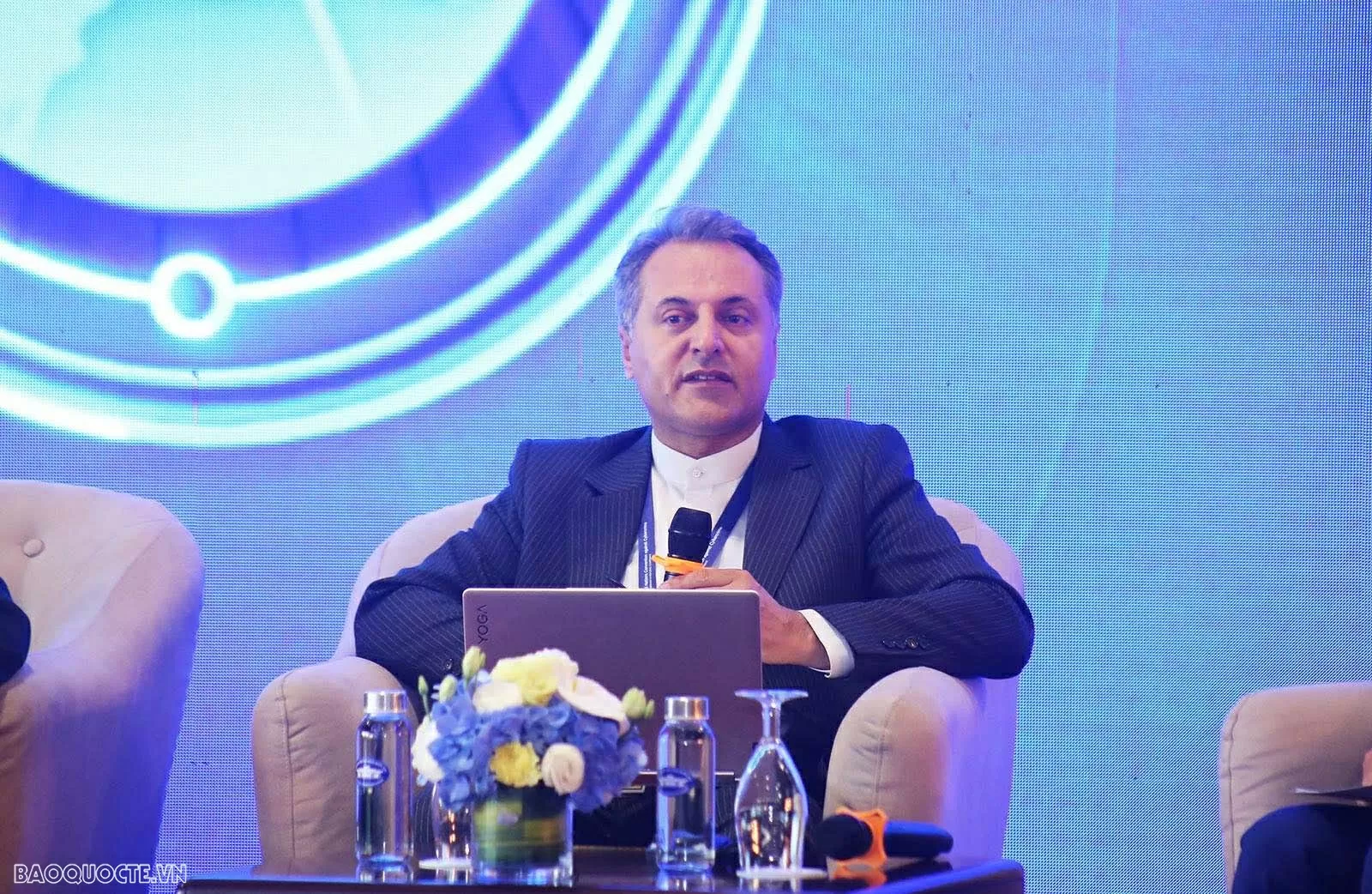
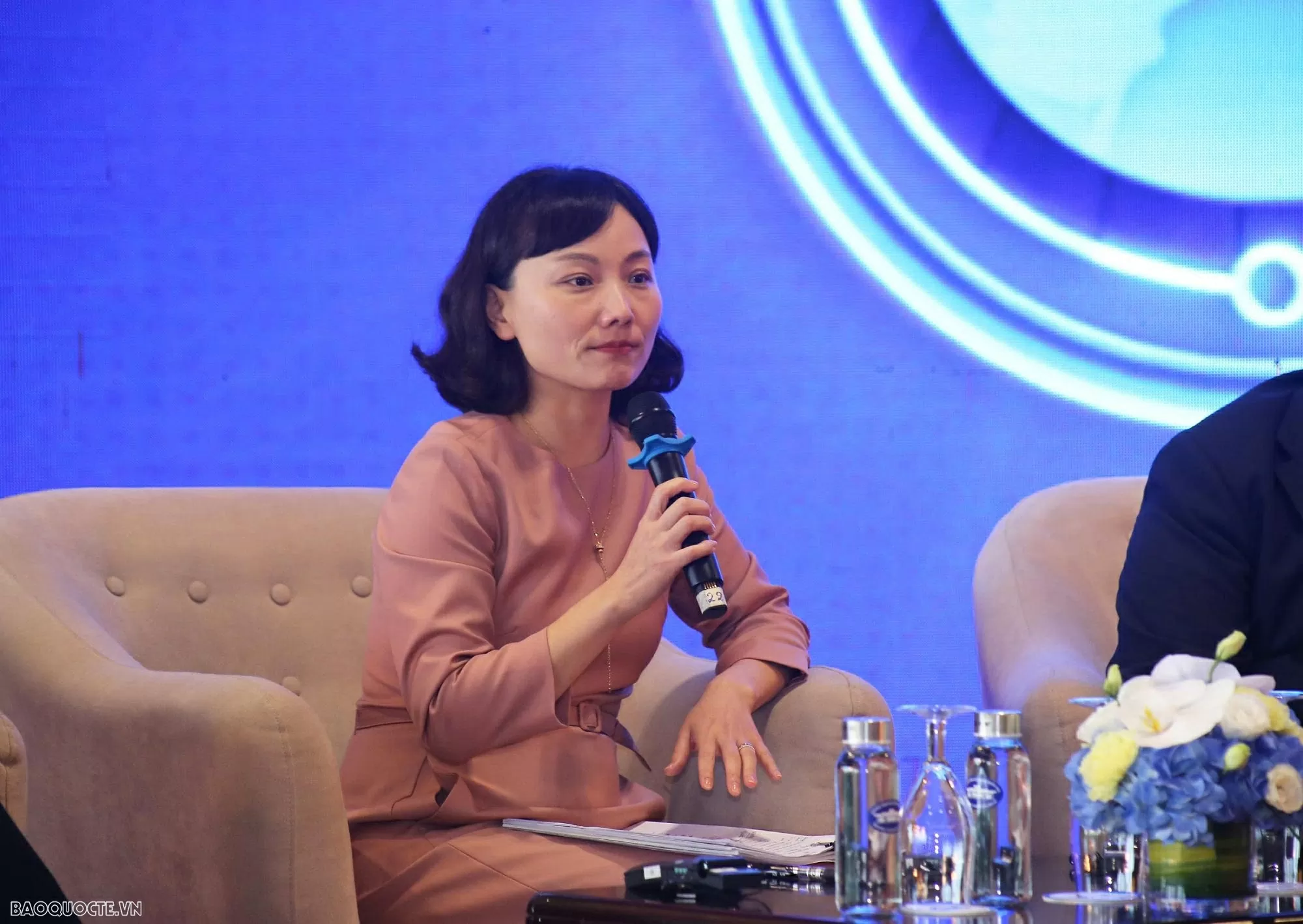
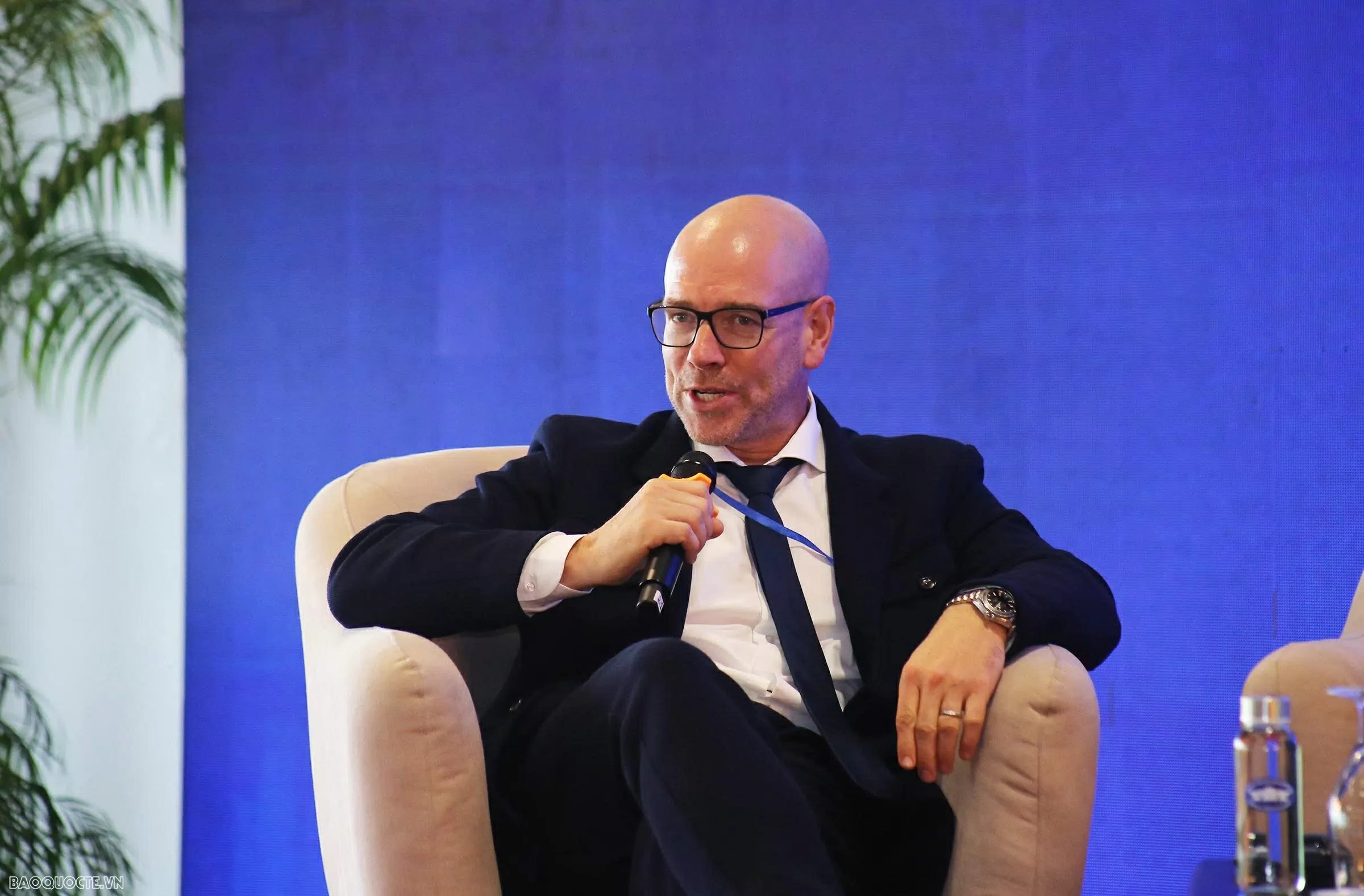
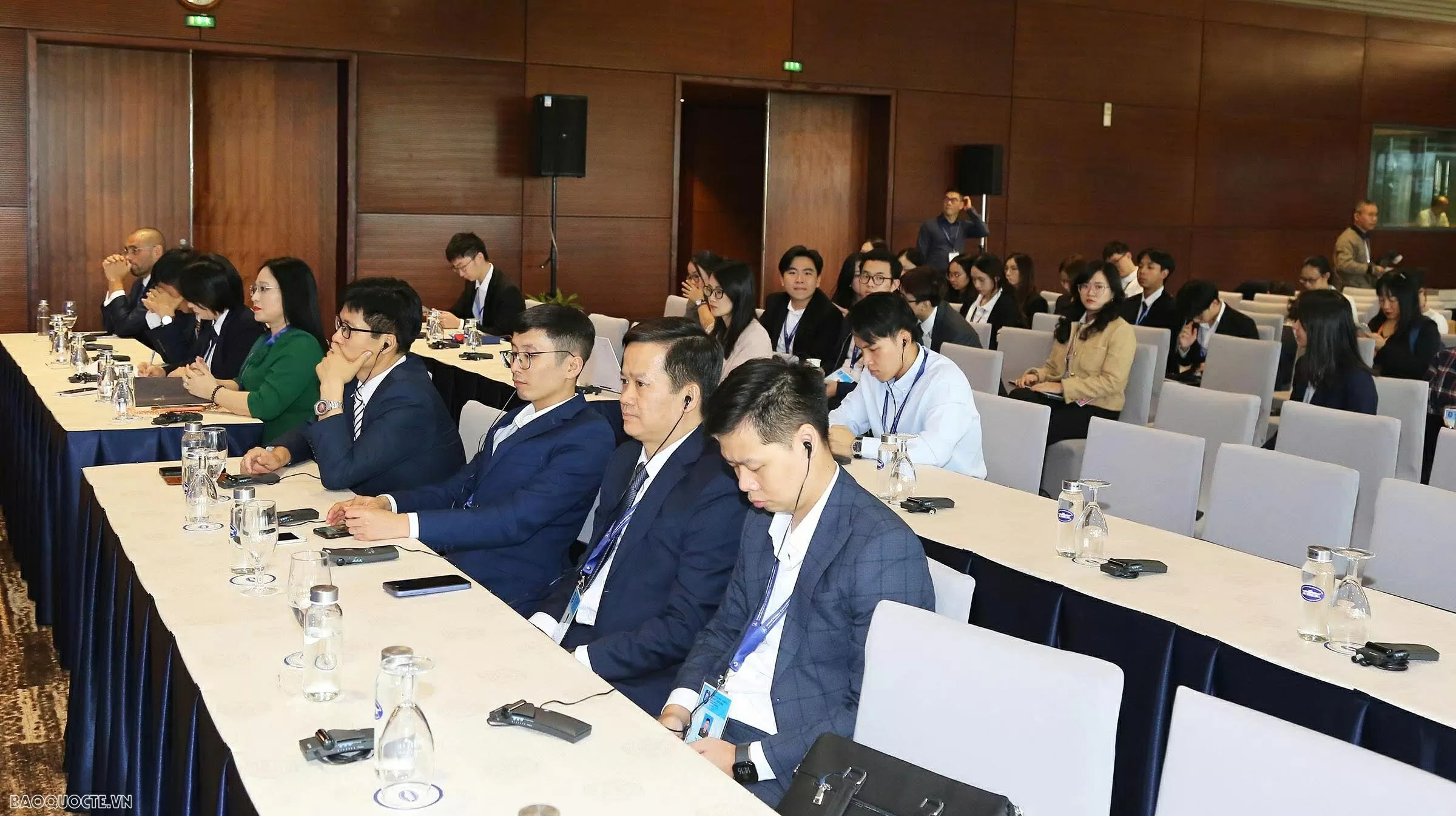

![[Photo] Party Committees of Central Party agencies summarize the implementation of Resolution No. 18-NQ/TW and the direction of the Party Congress](https://vphoto.vietnam.vn/thumb/1200x675/vietnam/resource/IMAGE/2025/10/27/1761545645968_ndo_br_1-jpg.webp)
![[Photo] National Assembly Chairman Tran Thanh Man receives Chairman of the House of Representatives of Uzbekistan Nuriddin Ismoilov](https://vphoto.vietnam.vn/thumb/1200x675/vietnam/resource/IMAGE/2025/10/27/1761542647910_bnd-2610-jpg.webp)



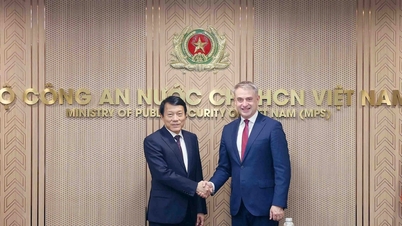

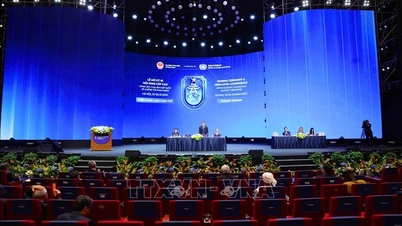

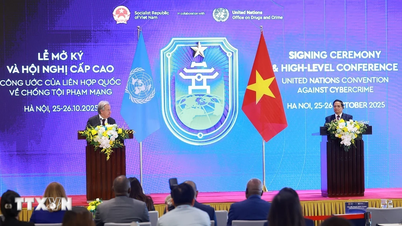

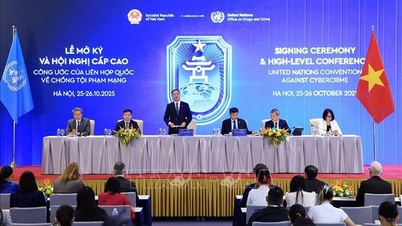
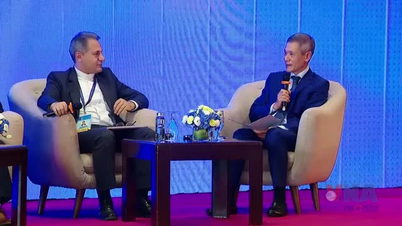


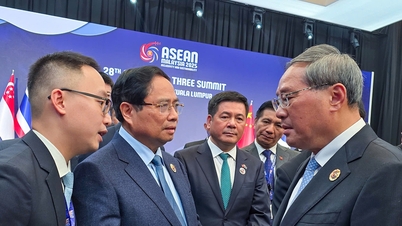
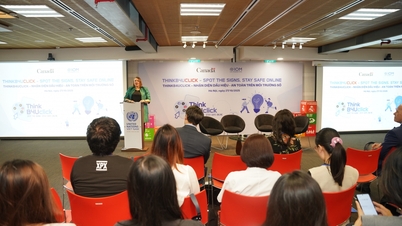

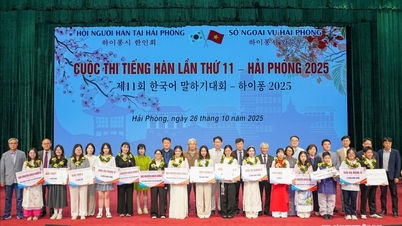

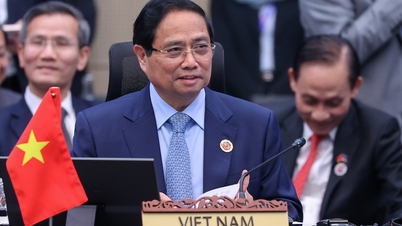

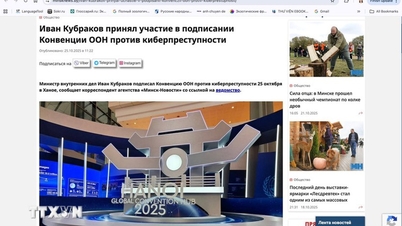





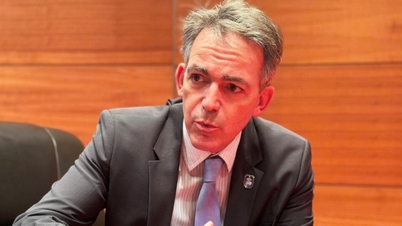

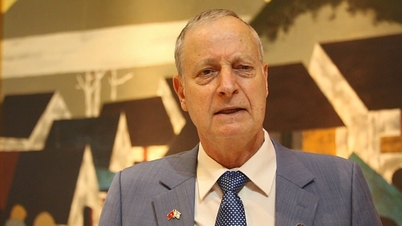
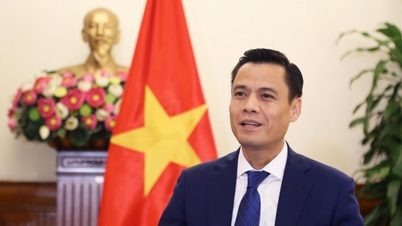























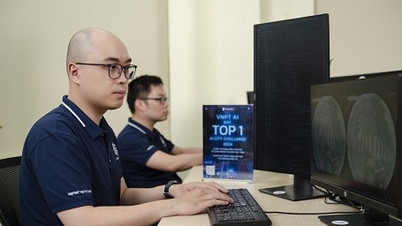














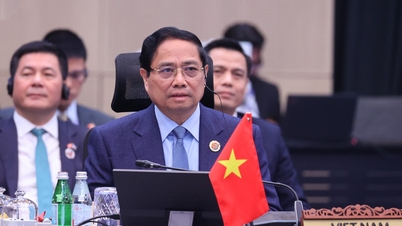






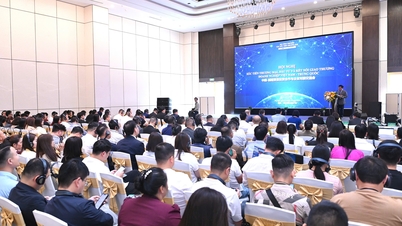

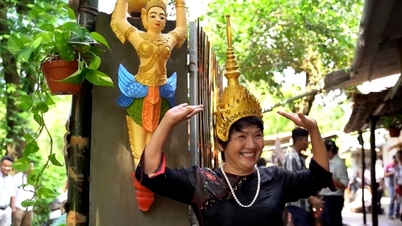

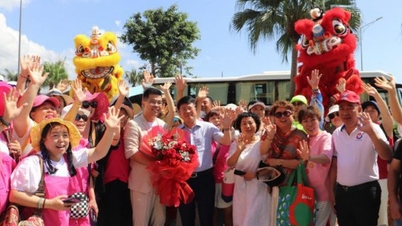

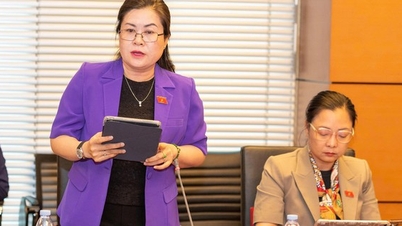
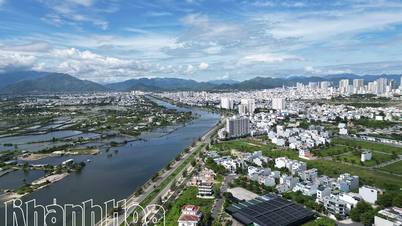

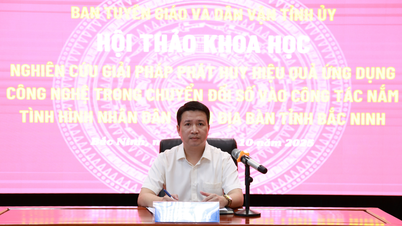

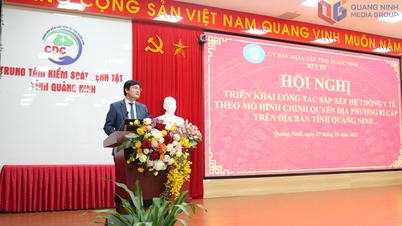

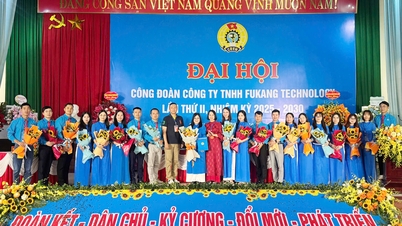

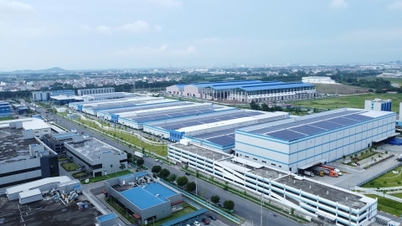















Comment (0)